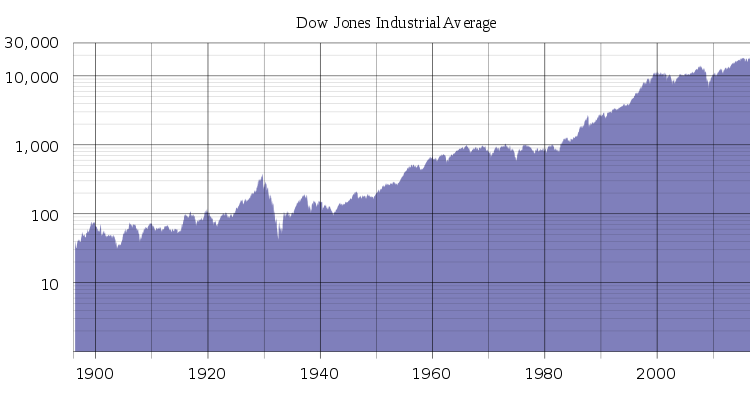Slowest inflation in years supports potential interest rate reduction
- German inflation in January at its slowest pace in over two and a half years
- Supports hopes of ECB rate cut in the coming months
- Headline consumer price index suggests a 2.9% increase for the year to January
- Annual core inflation dips to 3.4% in January
- Market estimates met with a 0.2% month-on-month increase
- Energy prices contribute to the meek headline figure
- ECB may begin trimming borrowing costs by 25 basis points in May or June
German inflation in January is expected to rise at its slowest pace in over two and a half years, according to data released by the Federal Statistics Office of Germany. The provisional reading of the headline consumer price index suggests a 2.9% increase for the year to January, down from December’s 3.7% and lower than the forecasted 3%. Annual core inflation, which excludes volatile items, dipped to 3.4% in January. The month-on-month reading showed a 0.2% increase, in line with market estimates. The meek headline figure is partly attributed to a 2.8% fall in energy prices since January 2023. This data supports hopes that the European Central Bank may be able to reduce interest rates from record levels in the coming months. The market speculates that the ECB might begin trimming borrowing costs by 25 basis points, potentially as early as May or June.
Public Companies:
Private Companies:
Key People:
Factuality Level: 7
Justification: The article provides specific data from the Federal Statistics Office of Germany regarding the inflation rate in January. It also mentions the forecast by a Bloomberg poll of economists. However, there is some unnecessary background information and tangential details about the ECB’s interest rate history and market expectations.
Noise Level: 3
Justification: The article provides relevant information about German inflation and its potential impact on interest rates. However, it contains some irrelevant information about past events and market reactions that are not directly related to the main topic.
Financial Relevance: Yes
Financial Markets Impacted: The article suggests that the European Central Bank may be able to reduce interest rates from record levels in the coming months, which could impact financial markets and companies.
Presence of Extreme Event: No
Nature of Extreme Event: No
Impact Rating of the Extreme Event: No
Justification: The article primarily focuses on German inflation and its potential impact on interest rates, without mentioning any extreme events.
 www.marketwatch.com
www.marketwatch.com 





